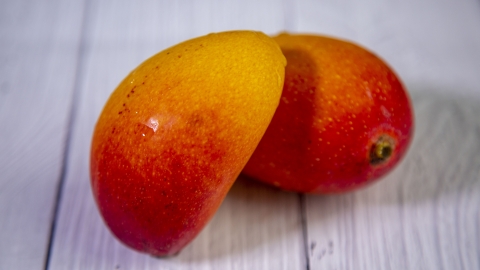Can soft-shelled turtles and mangoes be eaten together?
Turtle and mango can generally be consumed together, but should be eaten in moderation.

For most healthy individuals, turtle and mango can be consumed together. Turtle is rich in protein, vitamin A, iron, zinc, and other nutrients, while mango contains abundant vitamin C, dietary fiber, and beta-carotene. Consuming them together provides a relatively comprehensive range of nutrients, which may help enhance immunity and promote digestion. As long as there is no history of allergies or special medical conditions, and the ingredients are fresh and properly prepared, combining turtle and mango is safe and beneficial.
Although turtle and mango can be consumed simultaneously, excessive intake should be avoided. Overconsumption may lead to indigestion or symptoms such as "excessive internal heat" (commonly known as "fireiness"). Individuals allergic to turtle or mango should avoid consumption to prevent allergic reactions. Mango is considered cooling in nature; excessive consumption may worsen symptoms in individuals with cold deficiency of the spleen and stomach. Turtle is relatively greasy and may cause indigestion in individuals with weak digestion. Patients with hyperuricemia and gout should avoid consuming turtle due to its high purine content, which may trigger gout attacks.
In daily diets, it is recommended to maintain a balanced dietary structure and diversify food intake to help sustain good health. It is also advisable to eat light meals and avoid spicy or irritating foods such as garlic, hot pot, and mustard.




